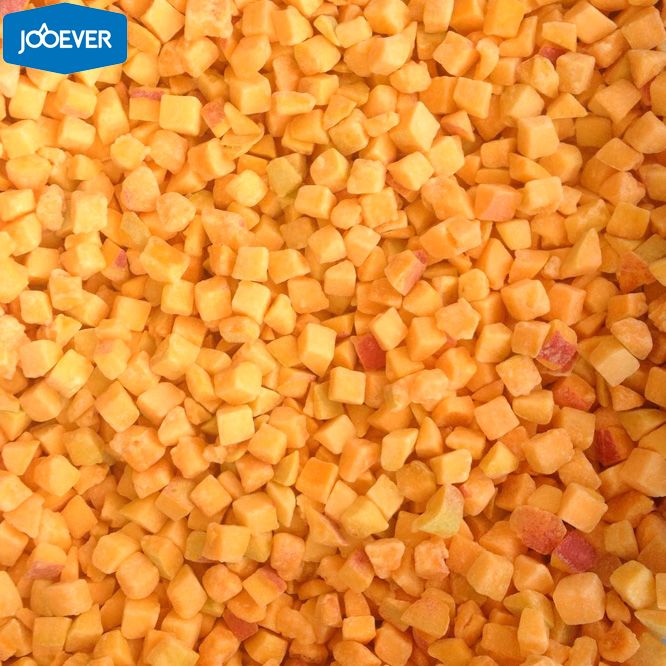Your reliable partner for frozen foods
Sustainability is an increasingly critical concern in the modern food industry, and frozen fruits have emerged as a sustainable choice for both consumers and the environment. This article explores how frozen fruits contribute to reducing food waste and minimizing the carbon footprint of the food supply chain.
Food waste is a global issue with significant economic, social, and environmental consequences. Frozen fruits play a vital role in mitigating food waste:
Frozen fruits have a significantly longer shelf life compared to fresh fruits. This reduces the likelihood of fruits spoiling before they can be consumed, which is a common cause of food waste.
Since frozen fruits can be stored for extended periods without spoiling, they are less likely to be discarded by retailers or consumers due to overripeness or spoilage.
Frozen fruits are often packaged in convenient portion sizes, allowing consumers to use only what they need and store the rest for later. This minimizes excess purchasing and food waste.

The environmental impact of food production and distribution is a growing concern. Frozen fruits offer several advantages in terms of reducing the carbon footprint:
Frozen fruits are typically processed and frozen near the source, reducing the need for long-distance transportation. This lowers emissions associated with the transportation of fresh produce.
The quick freezing process used for frozen fruits is highly energy-efficient, minimizing the energy consumption associated with food preservation.
Frozen fruits experience minimal spoilage during storage and transport, further reducing the environmental impact of food waste.
The longer shelf life of frozen fruits can lead to reduced land use for agricultural purposes, helping to preserve natural ecosystems.
Frozen fruits offer a sustainable solution without compromising convenience:
Frozen fruits are available year-round, reducing the need for out-of-season imports, which often come with a higher carbon footprint.
Minimal Food Prep Waste:
The convenience of pre-cut and pre-packaged frozen fruits minimizes food preparation waste.
Versatile Use: Frozen fruits can be used in a wide range of recipes, allowing consumers to incorporate sustainable choices into their daily meals.
Consumers play a crucial role in the sustainability of frozen fruits:
Consumers can contribute to sustainability by purchasing frozen fruits with a plan to use them efficiently, minimizing waste.
Being mindful of packaging choices and recycling options can further enhance the sustainability of frozen fruit products.
Supporting Sustainable Brands: Choosing brands that prioritize sustainable sourcing and production practices can encourage environmentally responsible practices within the industry.
The sustainability of frozen fruits extends beyond the convenience of year-round availability; it encompasses a reduction in food waste and a smaller carbon footprint. As consumers become more conscious of their choices, frozen fruits stand as an eco-friendly option that aligns with responsible food consumption.
By embracing frozen fruits as a sustainable choice, consumers can contribute to a healthier planet while enjoying the convenience, flavor, and nutrition these products offer. As the food industry continues to evolve, sustainable choices like frozen fruits become integral to reducing waste and preserving the environment for future generations.